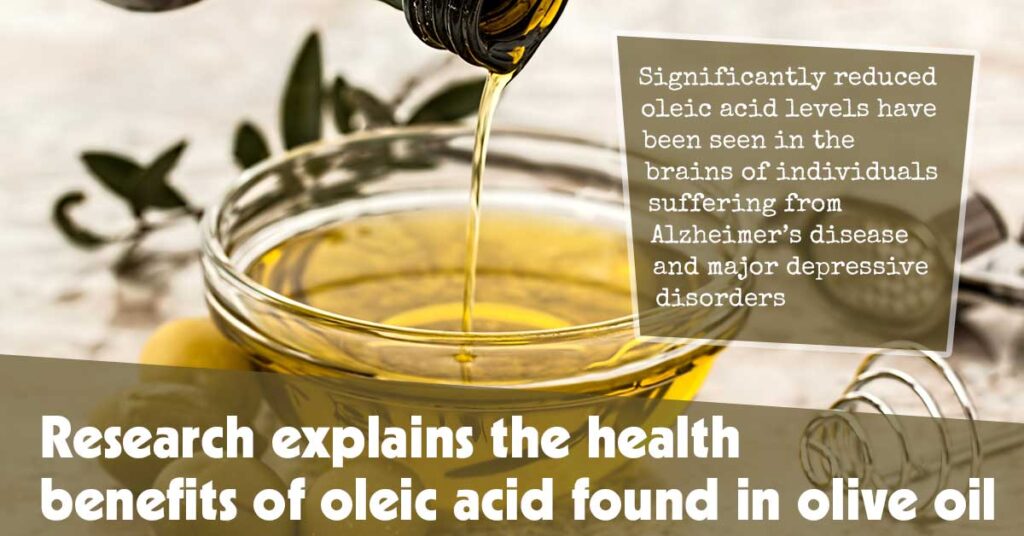Unraveling the Health Benefits of Oleic Acid Found in Olive Oil through Research
Oleic acid, the main constituent of olive oil, possesses properties which help in protecting against Alzheimer’s disease and cancer while simultaneously lowering cholesterol.
Olive oil’s health benefits, which are generally attributed to minor components like polyphenols, have long been acknowledged by science. But less attention has been paid to oleic acid content (70-80% of olive oil composition), which contributes significantly more health benefits – prompting researchers to conduct an extensive analysis on its primary health contributions.
Olive oil’s primary component, oleic acid, has many health-boosting attributes. Both diet and body produce it naturally – in fact it is the most abundant monounsaturated fatty acid (MUFA) found in food sources.
The Mediterranean diet is widely recognized for preventing both aging and disease. Olives are abundant throughout this diet, providing its primary fat and most popular nutrient – olive oil. Other elements that define this eating style are high intakes of vegetables, moderate intakes of fish, low to moderate dairy consumption levels, limited red meat consumption levels and moderate wine intake levels.
Oleic acid is the primary medium-chain fatty acid (MUFA) found in circulatory systems and plays an integral part of membrane phospholipids found in neurons’ myelin sheaths. Studies have identified significant lower oleic acid levels among individuals suffering from Alzheimer’s disease or major depressive disorders.
As with other free fatty acids, oleic acid serves both an energy molecule and cell membrane component role. Oleic acid’s most striking attribute is its antioxidant properties, including its ability to both activate and produce antioxidant enzymes directly. Furthermore, oleic acid also has hypocholesterolaemic effects by blocking protein expression associated with cholesterol transport thus decreasing absorption rates and thus helping prevent atherosclerosis.
Oleic acid has long been recognized for its anti-cancer effects due to its ability to inhibit oncogene expression and influence programmed cell death. Furthermore, researchers still debate its anti-inflammatory potential.
Oleoylethanolamide, an oleic acid derivative with antioxidant and anti-inflammatory effects, has been proposed as a powerful therapeutic agent to treat obesity.
Recent research indicates that it may affect epigenetic mechanisms (direct DNA modifications and proteins associated with DNA) as well as immune system modulation by controlling cells involved with inflammation.

